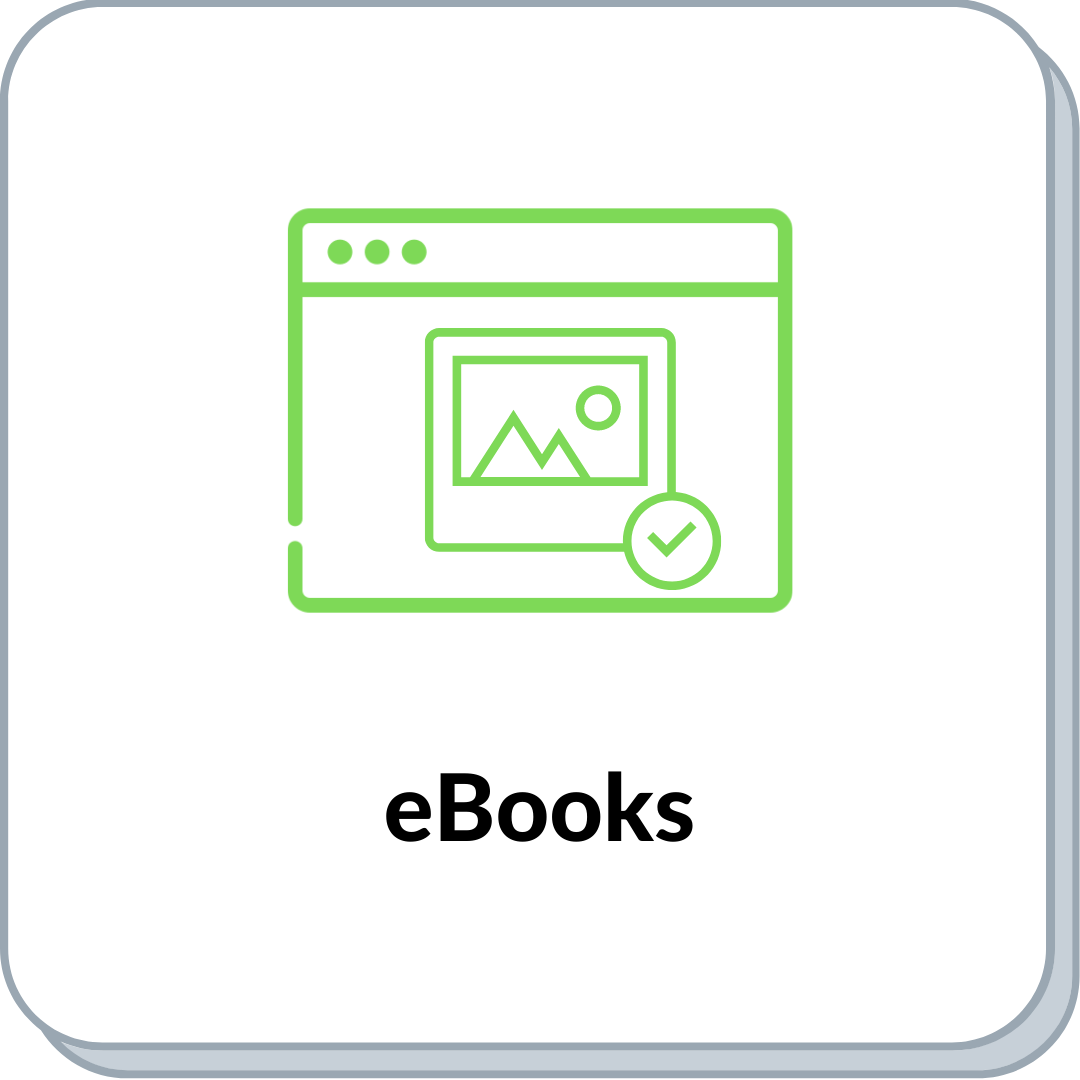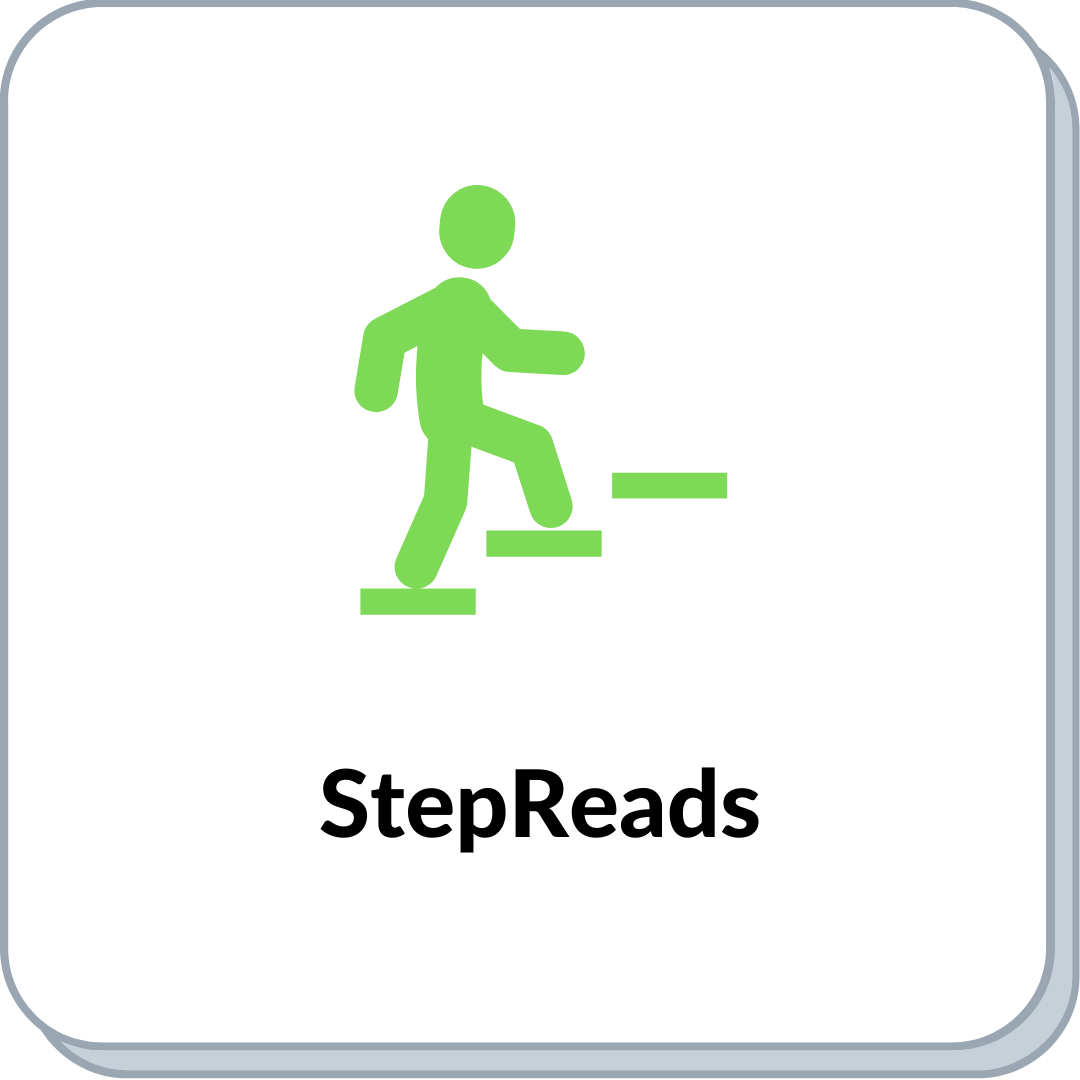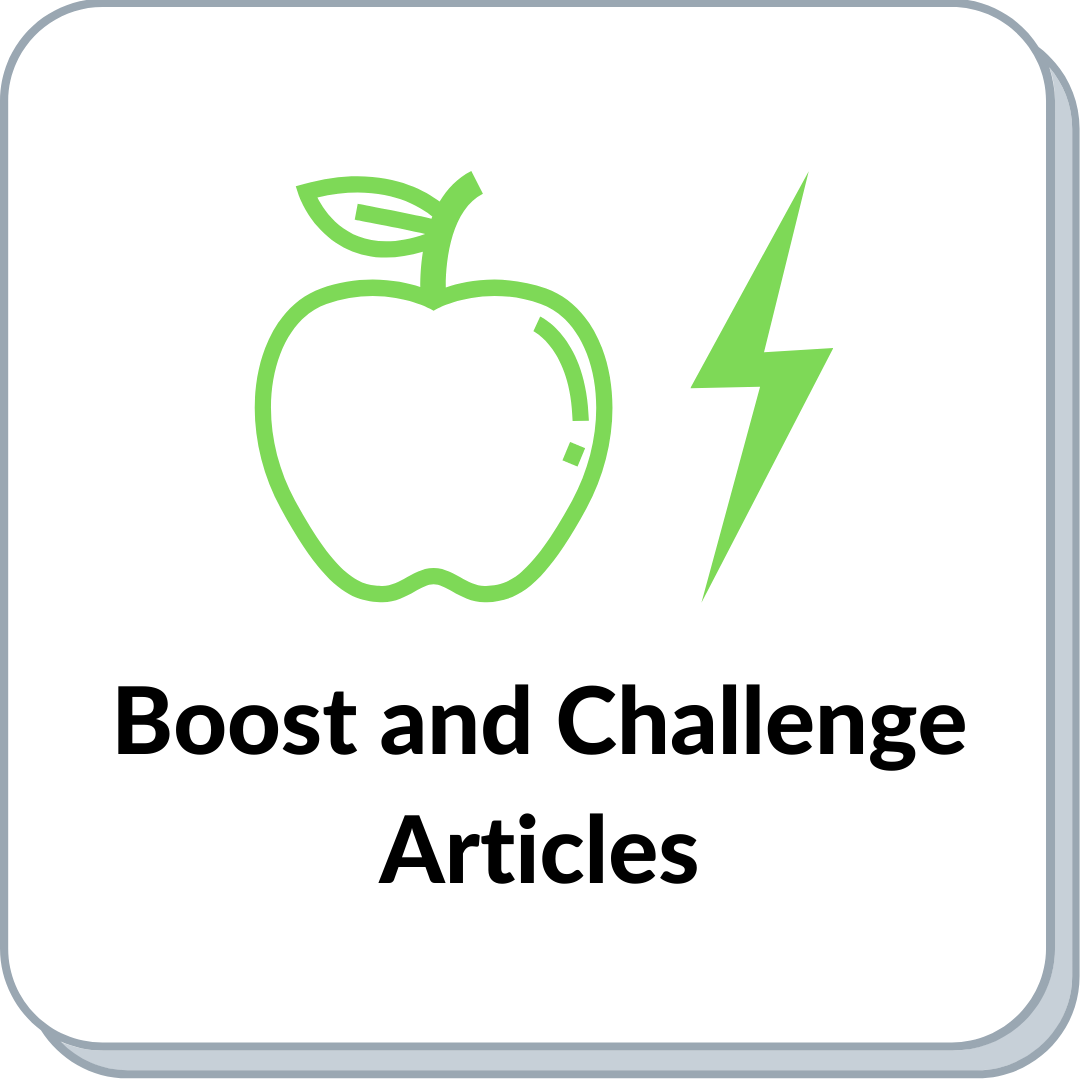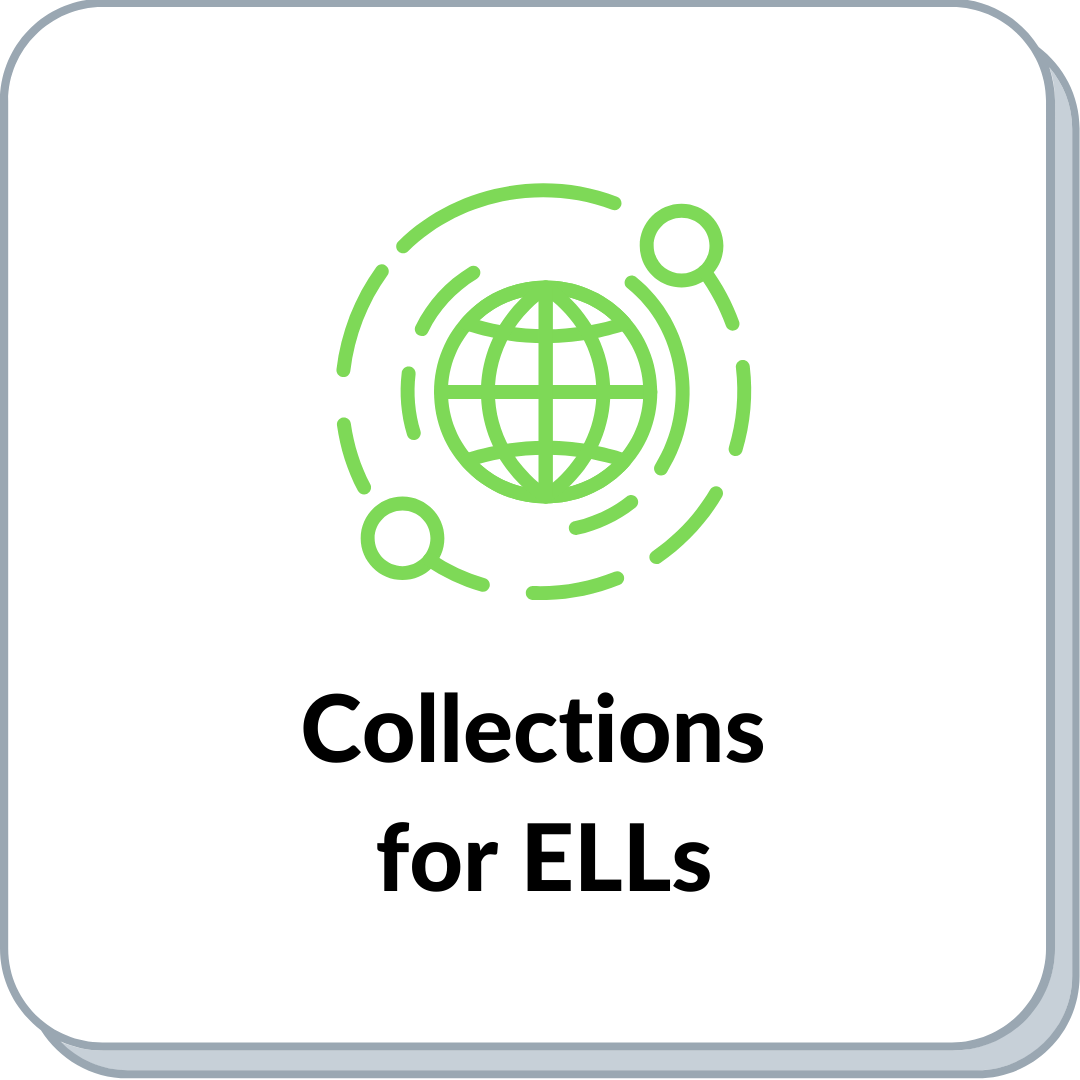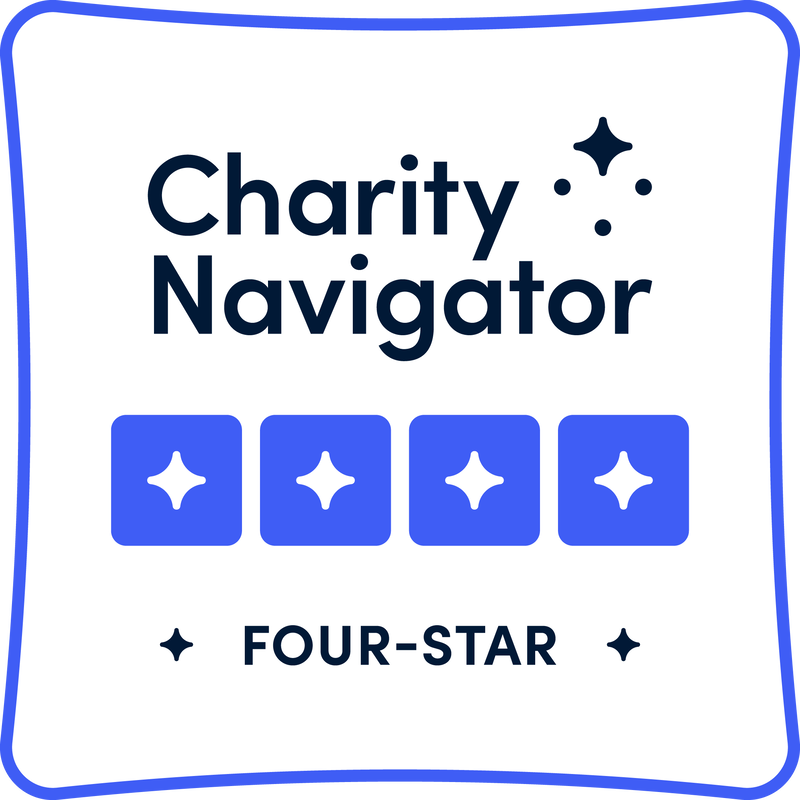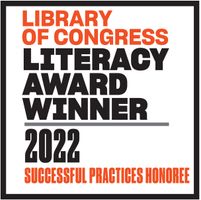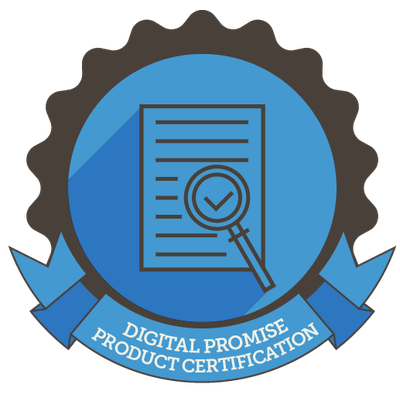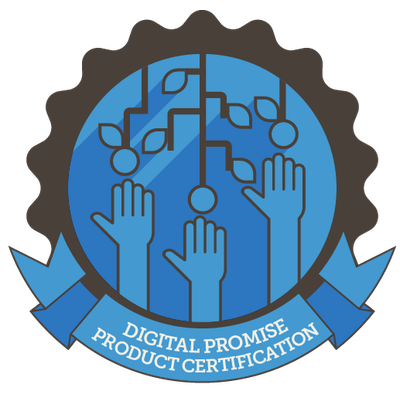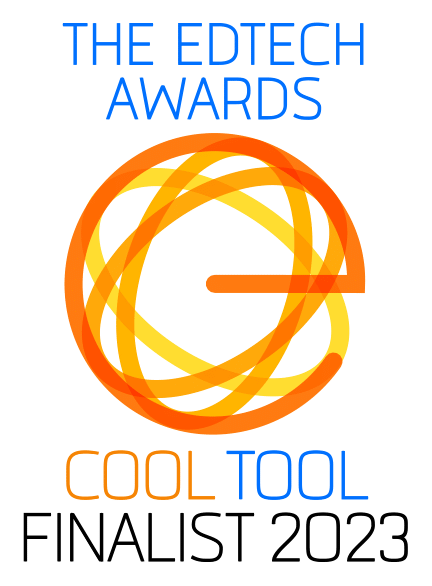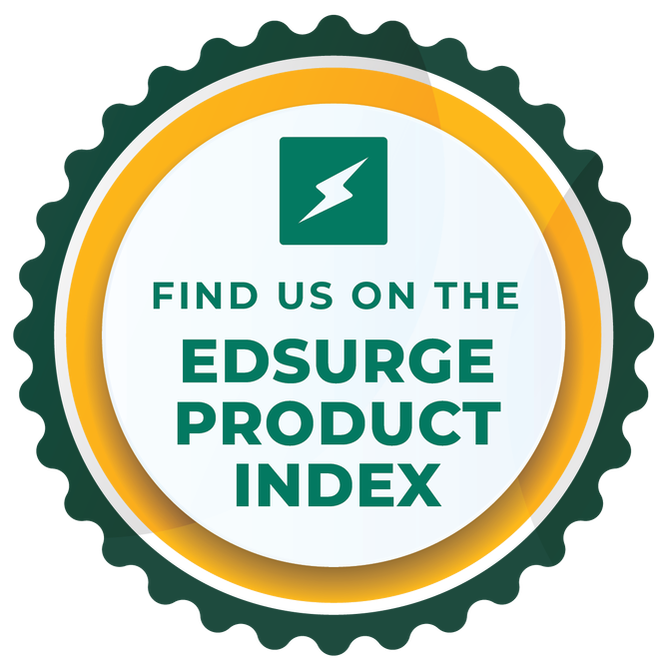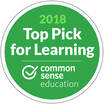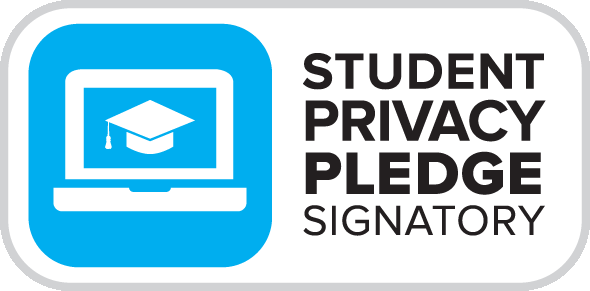Our content scaffolds can help all of your students tackle grade-level work! You can easily differentiate to meet your students' individual needs—whether you're printing or assigning to your digital class (and students with no internet access outside of school can do their digital work in offline mode). A 2022 research study found that assignment differentiation correlates with students completing more assignments and doing better on their assignments.
There are even more differentiation tools available if you create a digital class. A study found that students engaged with more challenging reading passages when they used our digital support tools. See those supports here and read more about the study here.
Differentiate with Reading Passages
Teachers can differentiate in their classrooms by assigning or printing related reading passages at different levels for their students. Students never see the grade level—online or printed out.
|
eBooks are available for over 100 of our reading passages to engage and support comprehension for readers at all levels. eBooks feature rich illustrations (meet some of our eBook artists!) and expressive human-voice audio, both helpful for prefluent, struggling, or reluctant readers. Some of the lower-level eBooks also have the option to have the words highlighted along with the read-aloud.
For 2nd through 12th grade, StepReads preserve key text structure attributes, vocabulary, syntax, and content of the original passage but scaffold emerging, beginning, or struggling readers by allowing them to read a more accessible version of a passage before tackling the original grade-level text. Teachers assign these in addition to the original text so that students can read the StepRead first and then challenge themselves to read the more complex version.
For kindergarten and 1st grade, StepReads contain words with a higher rate of decodability that stretch beginning readers to apply their phonics skills to informational texts. These StepReads still preserve the content and some of the vocabulary of the original passage but focus on repeated practice of sound-letter correspondences. We recommend that students still hear the original passage read aloud, which is written at their listening-level comprehension, in order to fully answer the comprehension questions. See how these StepReads are part of the ReadWorks alignment with Whole Phonics decodable texts. |
Differentiate with Article-A-Day
|
Boost and challenge articles are texts that are topically relevant to the overall Article-A-Day set but at varying text complexity. Research has shown that readers can become frustrated and discouraged when reading below grade-level texts because they feel "babyish." Instead, boost articles are grade-appropriate in topic while written at a lower level, allowing students to fully participate in background-knowledge building with their peers. Challenge articles provide higher complexity for students who are reading above grade level and/or are motivated by their interest in the topic. Teachers can assign boost and/or challenge articles as part of an Article-A-Day topical set to the whole class, groups of students, or individual students.
|
|
ReadWorks provides Article-A-Day text sets with passages on topics that may be familiar or interesting to varied groups of ELLs. Many of them are about food, clothing, sports, or cultures that may be relevant to students' backgrounds. Research has shown that starting with familiar and concrete topics can support ELL students in learning the English words and labels for the things and concepts they already know. Teachers can assign these sets to their whole class, groups of students, or individual students.
|

